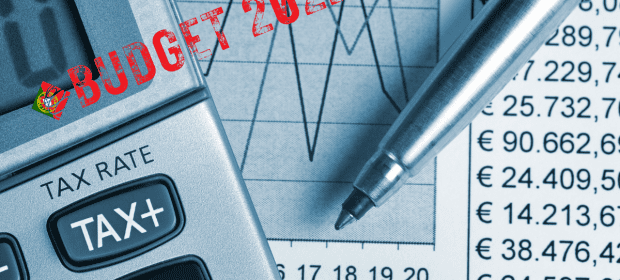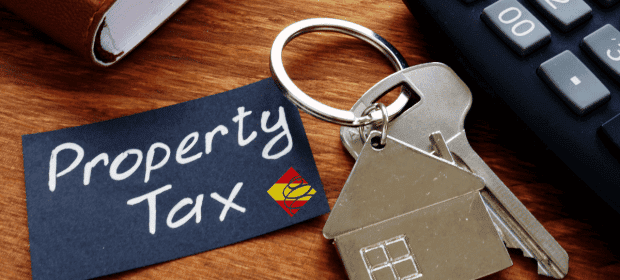If shares, investments or Portuguese property were acquired before January 1989 there is no capital gains tax on sale for Portuguese tax residents. In any other instances, capital gains tax is applied at 28% to any profits made.
Indexation relief is also available if they were held for more than 2 years and is applied on a sliding scale.
For example, if you decided to surrender a UK Stocks & Shares ISA or share portfolio, the gain made on sale would be taxed at 28% in Portugal. If no gain has been made, there is no tax to pay. There is no exemption for NHRs.
However, the Portuguese Budget for 2022 which was approved on 27 May 2022 introduces a change with effect from 1st January 2023 regarding the taxation of ‘short-term capital gains’ i.e. gains realised on assets that have been held for less than 365 days.
For investors whose taxable income (including the short-term realised gain) is €75,009 or more, the taxation will be increased from the flat rate of 28% (or 35% for investments held in blacklisted jurisdictions) to progressive rates, which can be as high as 48% (or even 53% if your total income exceeds €250,000.)
Investors can mitigate ongoing capital gains tax on their investments by using one of several “tax wrappers” available to Portuguese tax residents. Each wrapper will differ in terms of its features and benefits and the most appropriate structure will be different for each individual.
However, the purpose of such tax wrappers is to essentially act as a ‘trap’ on any gains. This means that you can be in control of the timing of any taxable events and potentially create a much lower overall tax figure. Equally important is that the underlying fund manager is not constrained in any investment decisions by punitive tax charges that could apply to short-term transactions.
Please talk to us to assess the different range of investment options and wrappers, and what the most appropriate may be for you and your family.






